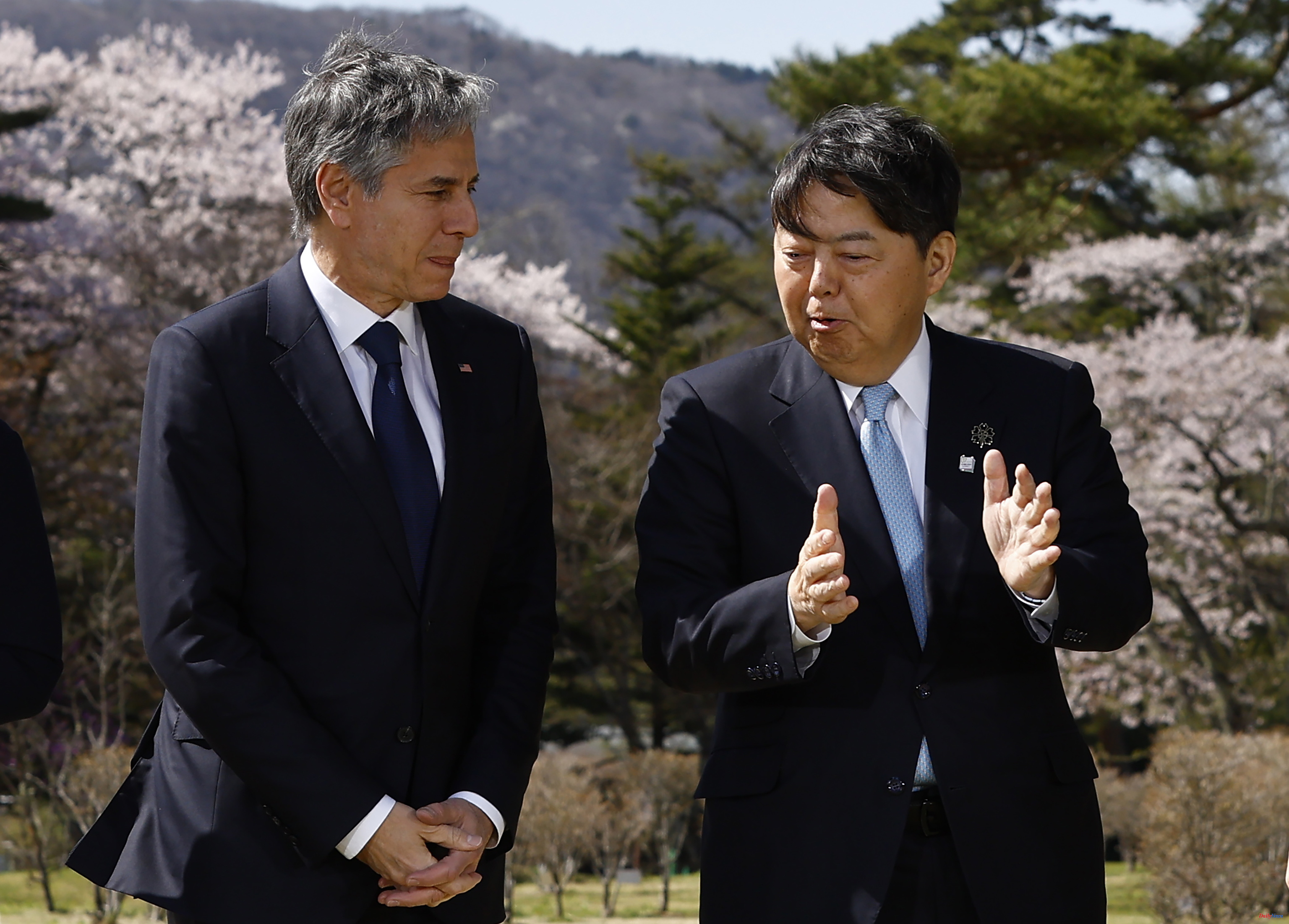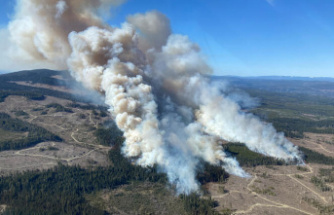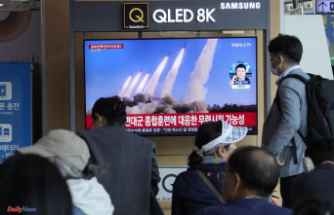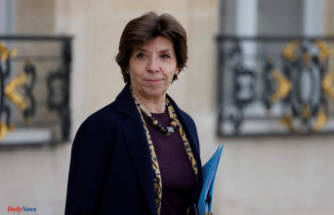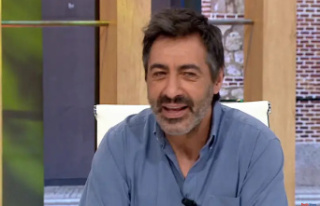Nine months after popular former prime minister Shinzo Abe was shot dead at a campaign rally, Japan is reeling from Saturday's attack on current leader Fumio Kishida. The event is being investigated by the police as a bomb attack.
As with the public assassination of Abe, the latest apparent assassination attempt in the world's third largest economy occurred as the leader of the powerful Asian nation was preparing to hold a rally at a fishing port in the western city of Wakayama. of Japan, ahead of the local elections, scheduled for April 23.
Just before Kishida spoke, from the crowd gathered around him - about 200 people - one of those present threw a cylindrical boat, apparently made of metal, which fell behind where the prime minister was, evacuated immediately by your security team. The device exploded less than a minute later, leaving a large smoke in the place.
The attacker, who was wearing a gray backpack, a dark jacket, a mask and an umbrella, was quickly subdued by several fishermen who were preparing to listen to Kishida's speech. Police identified him as Ryuji Kimura, a 24-year-old unemployed from Kawanishi City. The agents also revealed the next day that Kimura had a knife with a 13-centimeter blade hidden in his backpack.
On Sunday, after searching the detainee's home, the NHK public channel reported that the investigators found gunpowder and several conducting cables, which makes them think that the bombs were homemade: the devices contain gunpowder enclosed inside a cylinder and detonate when light a fuse. Kimura, when he was subdued, had a lighter in his hand. In the attack on Shinzo Abe, his assassin also used a homemade weapon, a shotgun made from two metal cylinders tied together with a black ribbon.
After Abe's assassination, security around politicians was tightened, despite the fact that Japan, in terms of its low rates of violent crime, has for years had one of the best statistics in this regard among developed economies, and it also has strict legislation on the use of weapons.
A day after the port attack, Kishida, who has resumed campaigning, vowed that his country would increase security around political events, especially these days when Japan is hosting several G7 ministerial meetings. "At a time when high-ranking officials from around the world are visiting, Japan as a whole needs to maximize its efforts to ensure security," Kishida said. "It is inexcusable that such a violent act was committed during an election campaign," he added.
On the day of the attack, the group's environment ministers were meeting in the city of Sapporo. On Sunday, it was the foreign ministers who took a bullet train from Tokyo to the tourist city of Karuizawa, in the center of the country, to hold various meetings until Tuesday.
According to the criteria of The Trust Project

